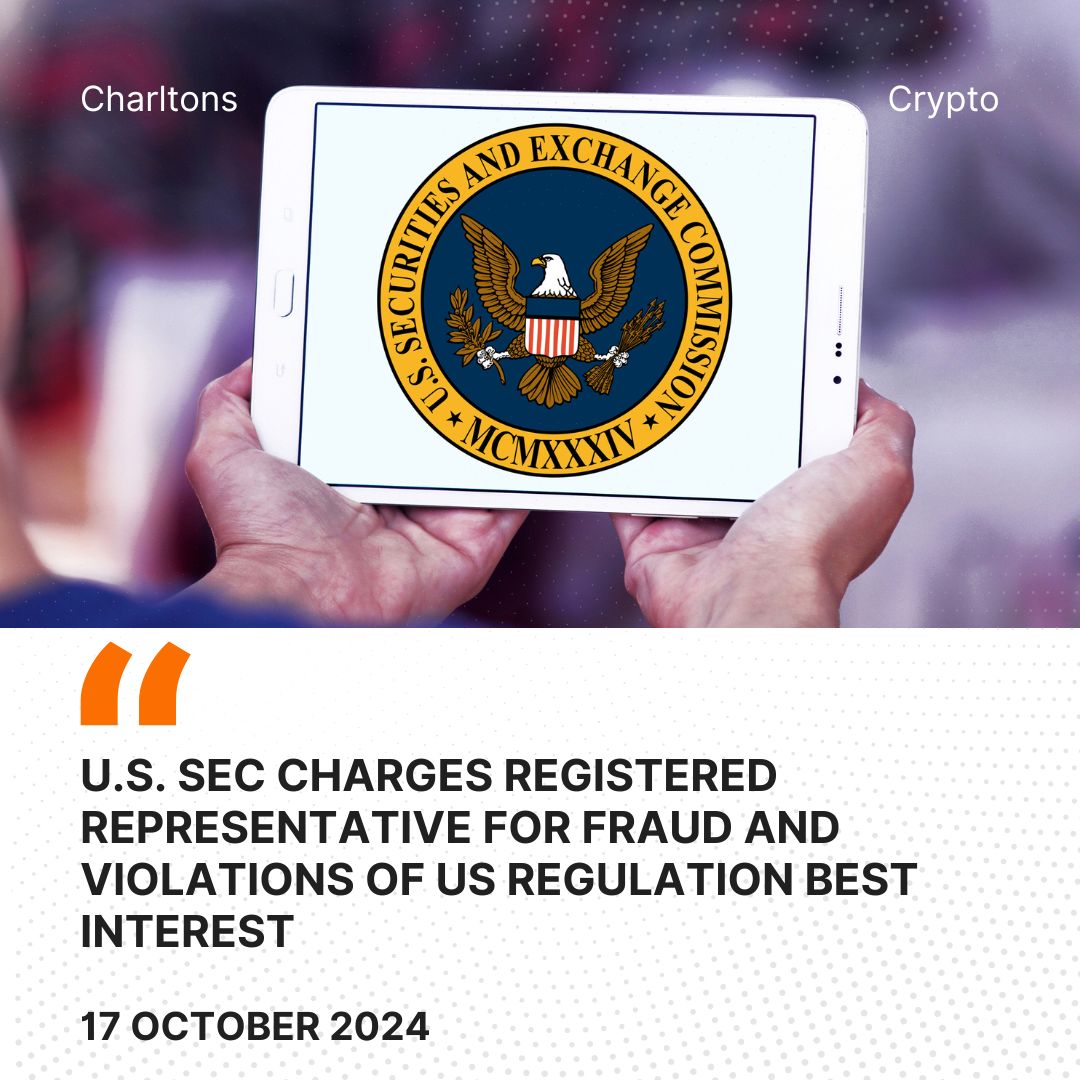
On 16 October 2024, the United States Securities and Exchange Commission filed a complaint against Baris Cabalar, a registered representative at PHX Financial, Inc., for recommending a short-term, high-volume trading strategy to eight retail customers without a reasonable basis for believing that the strategy would be profitable. The SEC alleges that from January 2019 through October 2021, Cabalar violated multiple provisions of United States securities law, including Section 17(a) of the United States Securities Act of 1933, Section 10(b) of the United States Securities Exchange Act of 1934, United States Rule 10b-5, and United States Regulation Best Interest (Reg BI) under United States Exchange Act Rule 15l-1.
According to the United States Securities and Exchange Commission’s complaint, filed in the United States District Court for the Eastern District of New York, Cabalar, operating out of PHX Financial’s Hauppauge, New York office, advised customers to engage in frequent, short-term trades, generating substantial commissions and fees. These recommendations were made without considering whether this strategy was suitable for his customers, leading to over US $1 million in losses for the eight affected retail customers, while Cabalar and PHX Financial earned more than US $400,000 in commissions and fees. Cabalar failed to disclose the high costs associated with this trading activity, which made it unlikely for the customers to achieve profits.
The SEC’s complaint alleges that Cabalar made explicit misrepresentations to at least one customer. In one instance, Cabalar told a customer that he could help recover US $70,000 in losses within a year, despite having no reasonable basis for such a claim, given the frequent trading strategy he recommended and the associated costs. The customer had invested approximately US $88,000 in his brokerage account and would have needed to generate nearly a 79% return just to break even, not including the substantial fees charged by Cabalar and PHX Financial.
Cabalar’s actions allegedly violated United States’ Regulation Best Interest (Reg BI), which came into effect on 30 June 2020. United States’ Reg BI requires that financial professionals act in their customers’ best interests when making investment recommendations. The United States’ SEC alleges that Cabalar disregarded these obligations by placing his financial interests and those of PHX Financial ahead of his customers, recommending excessive trading even when it was not in the best interest of the retail customers.
The United States’ SEC’s complaint lays out the cost-to-equity ratios and turnover rates for each affected customer’s account during the relevant period, showing high levels of trading activity that resulted in significant commissions for Cabalar but substantial financial losses for the customers. One customer had a turnover rate of 47.07, meaning their portfolio was completely bought and sold multiple times over the period. The cost-to-equity ratio, which reflects the cost of fees relative to the portfolio’s value, was as high as 61.22% in some cases—an indicator of excessive trading.
The United States’ SEC is seeking permanent injunctive relief to prevent Cabalar from engaging in similar conduct in the future, as well as disgorgement of all ill-gotten gains, with prejudgment interest, and the imposition of civil monetary penalties. The United States’ SEC’s New York Regional Office, which led the investigation, discussed the gravity of the misconduct, citing Cabalar’s failure to meet even the most basic fiduciary standards required of financial professionals.
(Source: https://www.sec.gov/files/litigation/complaints/2024/comp26161.pdf, https://www.sec.gov/enforcement-litigation/litigation-releases/lr-26161)





